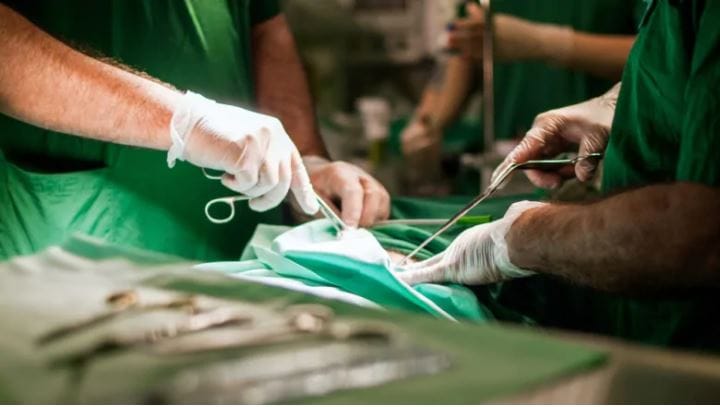
The World Health Organization (WHO) stated that patients going for surgery should bathe or shower beforehand but their surgical site should not be shaved, and antibiotics should be used to prevent infections before and during surgery, but not afterwards.
Surgical site infections are caused by bacteria getting in to the body through incisions made during surgery. They put millions of patients worldwide at risk each year and exacerbate the spread of antibiotic resistant superbugs such as MRSA. According to the WHO, surgical site infections contribute to patients spending 400,000 extra days in the hospital at an additional annual cost of $900 million in the United States.
In new guidelines aimed at halting the spread of potentially deadly superbug infections in hospitals and clinics worldwide, the WHO said obsessive dedication to cleanliness and hygiene was crucial, as was the careful use of anti-infectives.
The guidelines recommend patients are given antibiotics to prevent infections before and during surgery only – a measure the WHO described as crucial to slowing the spread of antibiotic resistance. In a change to current common practice, the guidelines said antibiotics should not be used after surgery unless the patient has contracted an infection.


Comentarios recientes